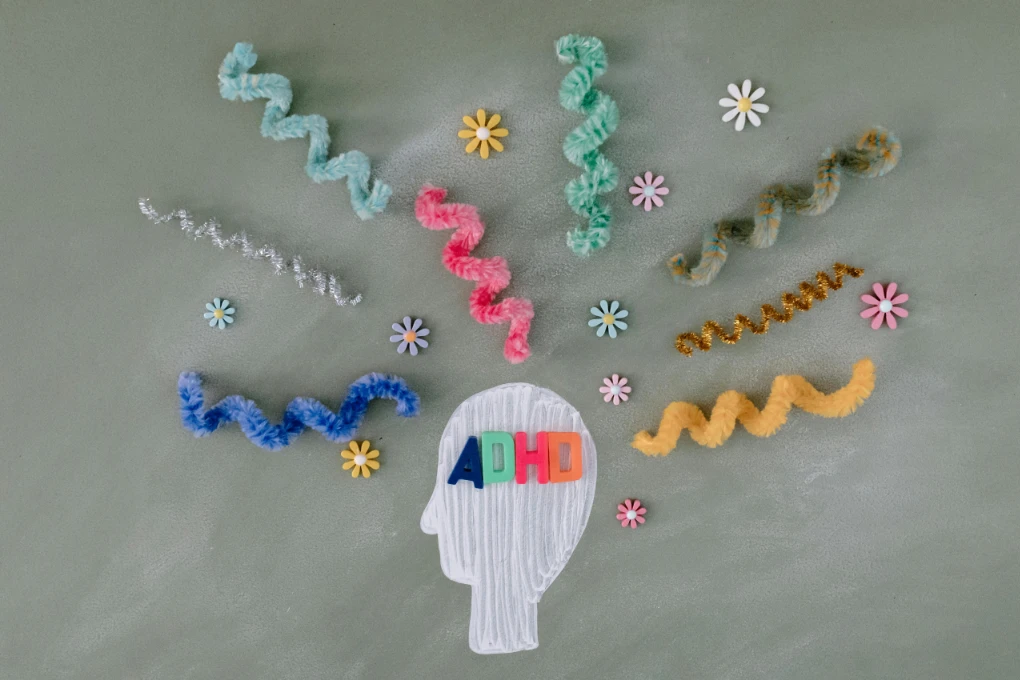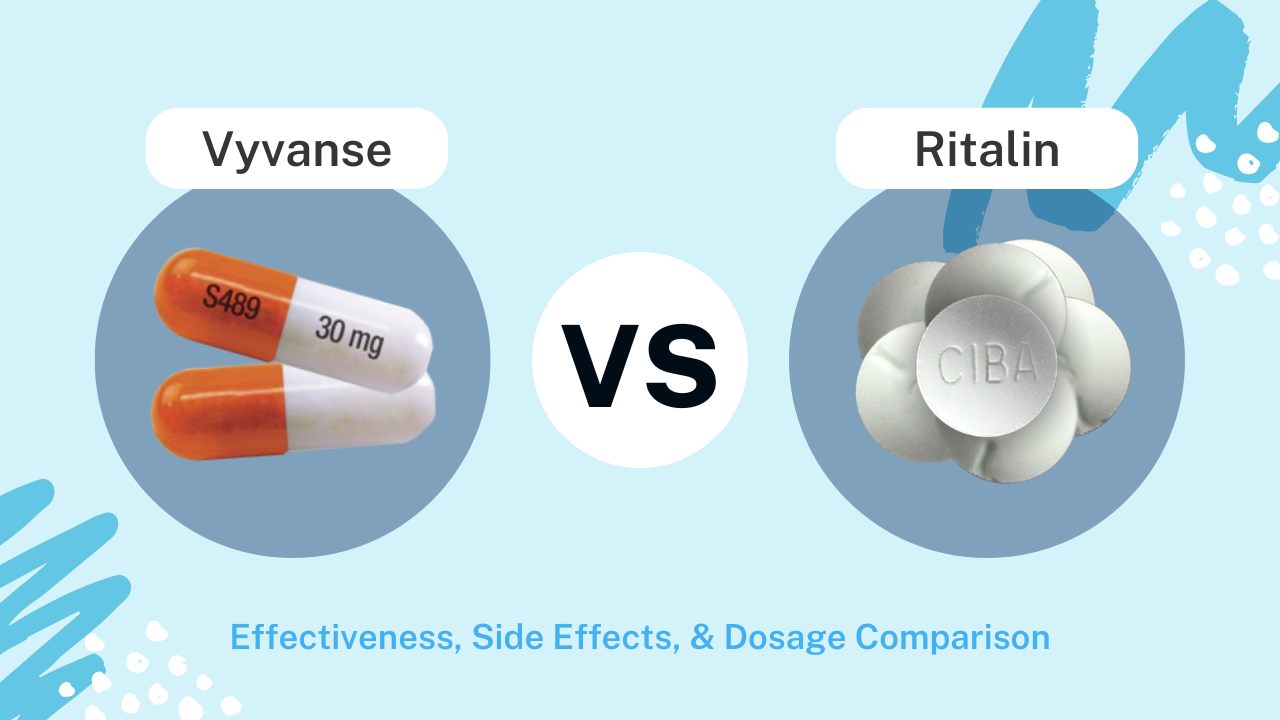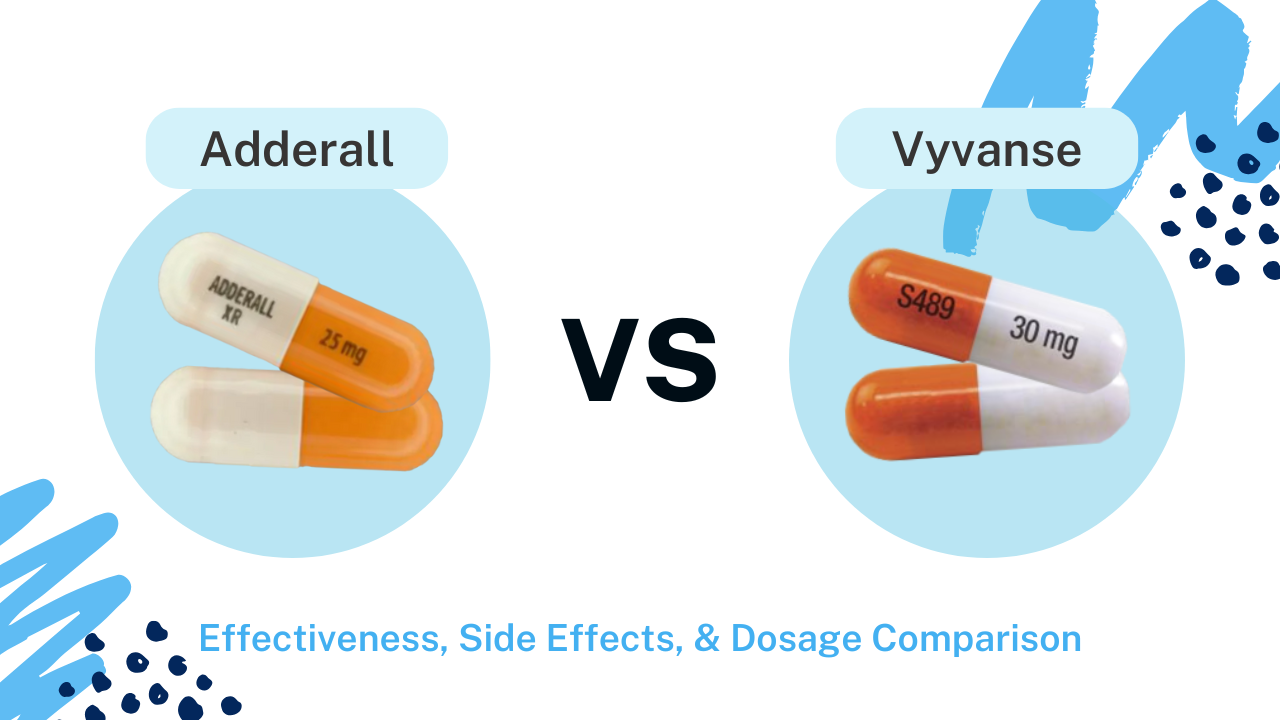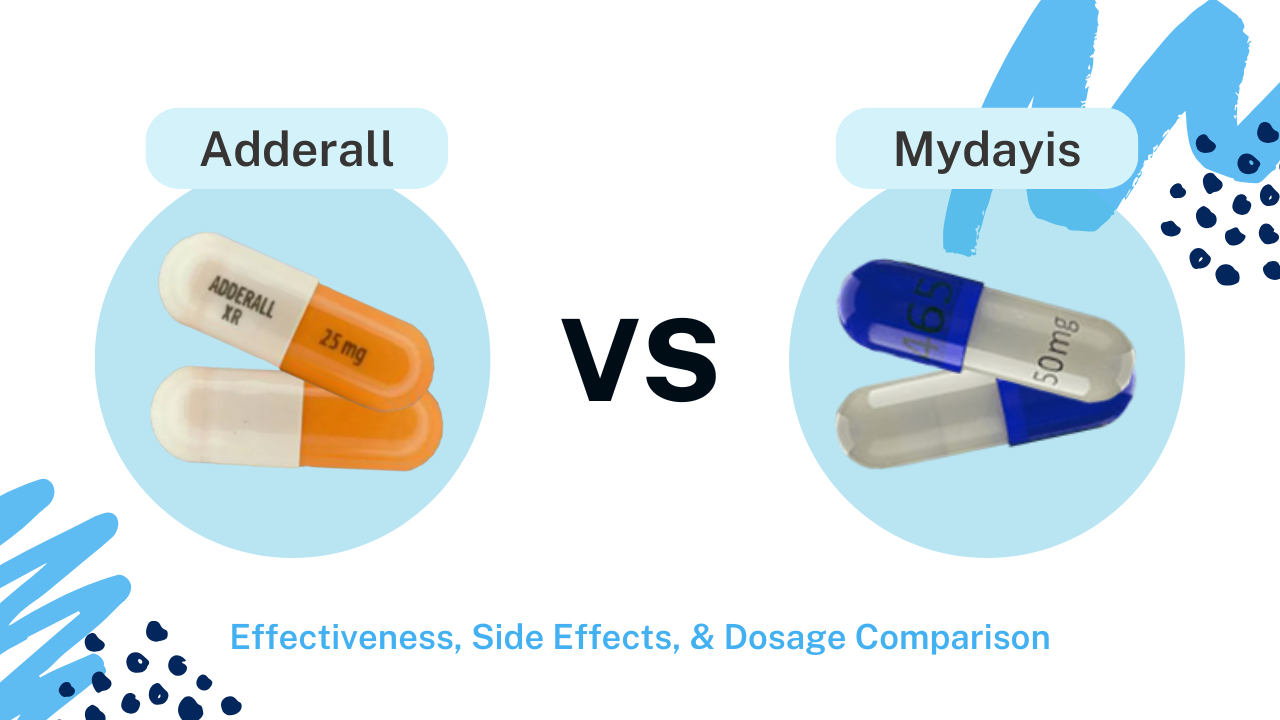Same Day Online ADHD Diagnosis
ADHD assessment?
You leave the house in Tasmanian devil style — rushed and running around looking for your phone, and stressed that you’re running late (yet again). Friends are shocked if you’re on time (which rarely happens). Your inbox has hundreds of unread emails (that you’ll probably never get to). Sound familiar?
For whatever reason, tasks like cleaning out your junk drawer, stopping what you’re doing to get ready to go, or errands and chores like ironing feel genuinely painful.
How is it that some people don’t put off doing the things they need to do — even the non-essential stuff, like a teeth cleaning or check-up? Or they’re able to get something fixed as soon as it breaks (even if it still kinda works and isn’t absolutely essential)? Could it be that some people just work a bit differently?
In this article, we’ll guide you through the signs and symptoms of overlooked adult ADHD. You’ll learn how the ADHD brain works, which can unknowingly and unfairly get people labelled as “lazy and disorganized.”
Understanding what’s really going on behind the scenes can be the first step toward beating yourself up less for always feeling behind (which leads to anxiety and depression) — and finding the tools and strategies that actually help.
When Everyday Struggles Might Be Something More
We all forget meetings from time to time or show up late, but ADHD tends to make certain tendencies much more common (and intense). These behaviors can seriously impact your daily life, making it harder to create a stable, balanced life.
ADHD usually develops in childhood and affects motivation, decision making, task switching, memory, focus, and more. Naturally, this makes things like studying and getting a degree or job take longer or feel more frustrating. As an adult, you might also apply to fewer positions, or avoid asking for a raise because your self-confidence is shot after years of comparing yourself and feeling “not good enough”.
Signs of Adult ADHD
Here’s what makes ADHD stand out from the typical disorganization or distraction most experience now and then:
- It’s chronic, not occasional. You’re almost always scrambling, forgetting things, or running behind.
- It affects every area of your life. Challenges show up everywhere, from difficulty running errands to sticking with a new hobby (which feels overwhelming). It also includes relationships (like spacing out or cutting into conversations) and responsibilities (forgetting to pay bills or pushing off your returns till it’s too late, losing money).
- Time gets away from you. You consistently underestimate how long things take and lose track of time (aka time blindness).
- You need deadlines to get things done. Since time doesn’t feel linear, things you don’t want to do are more like “now” or “not now.” If a deadline isn’t looming over your head, tasks don’t feel urgent, so there’s no motivation. ADHD brains need stimulation, and the deadline becomes the dopamine that drives adrenaline, letting you power through last-minute.
- Small tasks feel overwhelming. Calling your credit card company, returning the shoes that didn’t fit, putting your clothes away, or even replying to an email feels intensely annoying or hard (even if they’re “simple”).
- You get caught in cycles of guilt and burnout. You get excited, commit, plan, set goals, but can’t seem to follow through once it gets tough or novelty (i.e., dopamine) wears off. Then, the negative self-talk kicks in. You feel frustrated and upset with yourself, and your self-efficacy and esteem take another hit as you lose your trust in yourself.
Why ADHD Often Gets Overlooked in Adults
ADHD used to be characterized as hyperactive kids who couldn’t get their work done. Now, we know that plenty of symptoms can fly under the radar — especially as we learned how to hide them (i.e., mask) to fit in. Learn how to distinguish between hyperactivity and ADHD.
Here are a few signs and symptoms that rarely get noticed:
- Mental fog
- Forgetfulness
- Procrastination
- Disorganization
- Chronically late
- Easily distracted
- Decision paralysis
- Constant overwhelm
- Difficulty starting tasks
- Hyper-focusing and crashing later
- Feeling like “too much” and “not enough” all at once
These symptoms can also be attributed to anxiety and depression, making it even harder to diagnose.
Core ADHD Symptoms Behind Chronic Disorganization and Lateness
There’s a reason why certain things just feel more difficult. It’s not about willpower — it’s how your brain works and processes information, time, and tasks.
Here’s a look at what’s going on behind the scenes in your brain:
- Less Dopamine: This neurochemical is tied to motivation and reward, i.e, your ability to “do the thing.” Levels tend to be lower or less consistent in people with ADHD, making starting tasks that feel boring or repetitive hard to initiate since there’s no dopamine tied to it. If it doesn’t feel engaging or urgent (like with a deadline), it’s easier to tune out and not prioritize since there’s no reward for doing it.
- Time Blindness: Your brain can register time a bit differently; everything is either now or not now — not linear. That makes it hard to estimate how long things take or feel the pressure to start or finish doing something. The brain networks that manage time awareness don’t get consistent dopamine signaling, affecting your ability to feel time passing.
- Executive Dysfunction: The brain has an internal planner, where you organize, prioritize, start, and finish tasks. With ADHD, it’s harder for your brain to plan all these things. The prefrontal cortex, where you manage decisions, tasks, and follow-through, communicates less efficiently (also partially due to lower dopamine). That’s why everything can feel jumbled or equally urgent (or not urgent at all).
- Forgetfulness and Disorganization: Working memory is more like a short-term info list that can fly away with a gentle breeze. You have something on your mind, but then you walk into a new room and poof, it’s gone. It’s hard to filter out distractions since attention regulation is tied to executive function, which doesn’t always communicate well.
It’s Not Just Laziness: Reframing the Narrative
If you’ve ever been told you were lazy, or just felt so frustrated about how you can constantly procrastinate but not change, you’re not alone. The labels and negative self-talk are incredibly harmful since they pick away at your self-esteem, making you feel like something is just “wrong” with you. But ADHD is a brain-based condition that completely affects how you process information and complete tasks.
Once you acknowledge this, you can take the blame off yourself and start working with your quirks. That means hacking your day to work for you, like letting yourself work on the assignment at the last minute without beating yourself up. Now, you know you do well under deadline pressure — and that takes away all that stress you used to put on yourself for not starting on a Monday, when you really didn’t need to do it until Friday anyway.
Plus, you might even notice some wonderful qualities that tend to come with ADHD, like creativity, outside-the-box thinking, resourcefulness, and an entrepreneurial spirit.
There’s also a whole community of people out there going through the exact same thing that you can connect with (especially online). Who knows? You might make some really good friends or strengthen your current relationships by being vulnerable and sharing an understanding of how you work. You didn’t mean to forget the anniversary, but it wasn’t in your calendar — and now you’re learning to create a shared partner calendar and enter everything you need as soon as you’re reminded.
How to Tell if ADHD Might Be Affecting You
It can be hard to judge ourselves on how exactly “executive dysfunction” shows up, so here’s a relatable checklist for how ADHD might show up in daily life.
- Your home or office space tends to get messy and disorganized
- You’re chronically late and misjudge how long it will take to do something
- You forget about appointments and tasks (or avoid them) unless they’re super urgent
- Starting something new (or finishing something you once started with excitement) feels impossible
- You get big, intense emotions that take over for a while, where you can’t think clearly
- You can hyperfocus on certain things, but neglect others
- You interrupt others or say things without thinking, and end up feeling remorseful
If you can relate to these, you might want to consider trying a free ADHD test online to see if going through the diagnosis process is worth it.
Getting Diagnosed: Your Next Steps
You can get a diagnosis online or in person, with online often being the quicker option (often a few days up to a week). Here’s how the process works with ADHD Advisor:
- Take the online ADHD test.
- Scheduling your virtual video evaluation.
- Meet with a clinician licensed in your state and complete more questionnaires.
- Get your answer, along with a treatment plan if needed.
- If recommended, get a prescription for medication online.
If you want to go the in-person route, you can ask your primary care provider or research a psychologist or psychiatrist in your area who does ADHD evaluations for adults. They’ll also offer an initial consultation and ask you to fill out questionnaires. From there, you’ll get your diagnosis and treatment options.
Treating and Managing ADHD in Adulthood
There are quite a few routes to take when it comes to managing ADHD. Talk therapy is always recommended, and for some, medication might also be helpful. Here’s a quick breakdown:
- Therapy and Coaching: Helps you learn how to work with your biology, not against it. Gain tools and strategies to build habits, reduce overwhelm, and reframe negative self-talk.
- Medication: A doctor might recommend stimulants, depending on the severity of your symptoms.
- Community Support: Peer and support groups, ADHD coaching circles, and productivity tools are key. You pick up new ideas, get body doubling, and find structure through different tools.
FAQs
Can I have ADHD if I was never diagnosed as a kid?
Yes, many adults don’t realize they have ADHD until adulthood.
Do women and men show ADHD differently?
Yes, women tend to have more inattentive rather than hyperactive symptoms, making them easier to go unnoticed. For example, emotional overwhelm, trouble focusing, and being easily distracted.
Will treatment help me be on time?
Yes, getting emotional support and learning strategies specifically designed for the ADHD brain can make it easier to organize your day, start and finish tasks, and be on time.
Self-Awareness: The First Step Toward Change
Once you learn you have ADHD, you might feel a roller coaster of emotions. For many, there’s a huge sense of relief from finally knowing that they don’t have some character flaw and aren’t inherently lazy or “dumb.” This knowledge alone can reduce the never-ending negative self-talk and blame for not being able to do things like everyone else.
Releasing self-criticism is one of the best things you can do for your health, whether or not you have ADHD. Anxiety and depression decrease as self-compassion builds, making managing daily tasks and life easier overall.
Plus, once you’re aware, you can get the proper tools, support, and strategies you never had growing up. You’ll learn how to hack your day in a way that increases dopamine and sets you up for an easier time.
Curious to learn if ADHD tools are right for you? Take the quick ADHD test and find out if getting a diagnosis would increase your quality of life. Who knows? You might even start to see your quirks as strengths — like creativity, intuition, or out-of-the-box thinking — that were just waiting to be understood.





.svg)
















